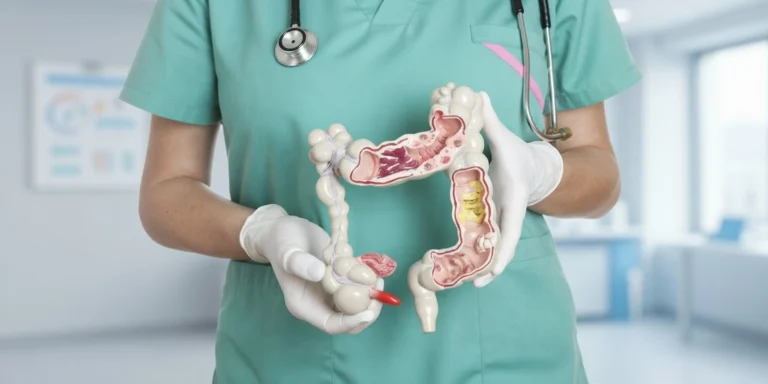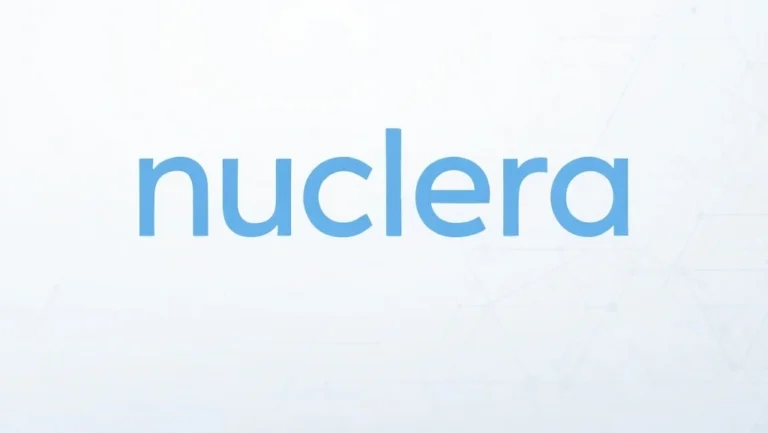
Celltrion today presented positive Phase III data for CT-P47, a biosimilar referencing RoActemra® in patients with moderate-to-severe rheumatoid arthritis (RA), at the Annual European Congress of Rheumatology (EULAR) 2024. The trial demonstrated that CT-P47 has equivalent efficacy and comparable safety and immunogenicity to the reference tocilizumab product.
In the Phase III study, 471 patients with moderate to severe RA were randomized to receive either CT-P47 or reference tocilizumab every 4 weeks at a dose of 8 mg/kg for 20 weeks. At week 24, patients receiving tocilizumab were re-randomized to either continue with reference tocilizumab or switch to CT-P47 until week 48.
The primary endpoint was the improvement in disease activity score 28 (DAS28) erythrocyte sedimentation rate (ESR) at weeks 12 and 24. The differences between the groups were -0.01 at week 12 and -0.1 at week 24, with confidence intervals within the pre-defined equivalence margins at both timepoints (95% CI: -0.26 to 0.24 at week 12 and 90% CI: -0.30 to 0.10 at week 24). Both groups showed similar mean serum concentration up to week 32, incidence of treatment-emergent adverse events, and anti-drug antibody positivity, demonstrating comparable pharmacokinetics, safety, and immunogenicity.
“Biosimilars provide an opportunity to address unmet medical needs by expanding access to high-quality biologic medicines. The positive results from this study support the biosimilarity of CT-P47 to reference tocilizumab and suggest the feasibility of switching from reference tocilizumab to CT-P47,” said Dr. Josef S. Smolen, Emeritus Professor of Medicine at the Medical University of Vienna, Austria.
A Phase I/III study also compared pharmacokinetic (PK) similarity between the CT-P47 autoinjector (AI) and the pre-filled syringe (PFS) and evaluated the usability of the CT-P47 AI. The study showed PK similarity in healthy subjects and higher usability of the CT-P47 AI compared to the PFS in RA patients. The CT-P47 AI was well tolerated with no new safety signals.
“We believe that administering CT-P47 via an autoinjector offers an alternative delivery option to a pre-filled syringe and aims to improve treatment compliance,” said Taehun Ha, Vice President and Head of Europe Division at Celltrion. “Tocilizumab biosimilars like CT-P47 can reduce treatment costs, support healthcare budget sustainability, improve patient access, and lower disease burden. At Celltrion, we are committed to expanding our biosimilars portfolio for immunology, improving patients’ lives, and enhancing the sustainability of healthcare systems while increasing physician choice and patient access to biologics.”
About Rheumatoid Arthritis
Rheumatoid arthritis (RA) is a chronic inflammatory disease causing pain, swelling, and stiffness in joints. Approximately 1% of the global population suffers from RA, but the cause is unknown. Symptoms develop due to immune system dysfunction, causing immune cells to attack healthy cells. While there is no cure, early treatment with disease-modifying anti-rheumatic drugs (DMARDs) and biological treatments can reduce the risk of joint damage and limit the condition’s impact.
About CT-P47 (Biosimilar Tocilizumab)
CT-P47, containing the active ingredient tocilizumab, is a recombinant humanized monoclonal antibody that acts as an interleukin 6 (IL-6) receptor antagonist. Based on data from the global Phase III clinical trial evaluating its efficacy, pharmacokinetics (PK), safety, and immunogenicity compared to RoActemra®, CT-P47 was filed for regulatory approval with the U.S. Food and Drug Administration (FDA) and European Medicines Agency (EMA) in January and February 2024, respectively.





